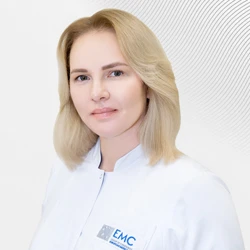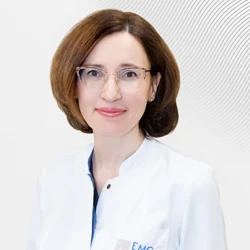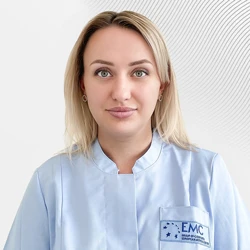Dizziness in children
Narrated by Ekaterina Dovlatova,
otorhinolaryngologist, otoneurologist-vestibulologist, PhD
Vertigo can be systemic or non-systemic. Abroad, they even use two separate concepts: vertigo (systemic vertigo) is a feeling of spinning oneself or surrounding objects around, a feeling of falling, and dizziness (non–systemic) is a feeling of swaying, blurred head, weakness, approaching loss of consciousness, difficulty concentrating. The type of vertigo mostly depends on the cause that caused it. In children, the pathological conditions leading to dizziness are somewhat different from those of adults.
Causes of dizziness in a child
The most common causes and types of systemic vertigo in children:
- Benign paroxysmal vertigo in childhood. These are short (lasting less than a minute) episodes of sudden dizziness and balance disorders. They usually go away by the age of 5 and are often replaced by migraine attacks.
- Migraine. In this case, dizziness occurs simultaneously with a headache or is a precursor to a migraine attack (aura). Its duration can vary from 15-20 minutes to several hours. At the same time, there are no signs of damage to the vestibular system.
- Otitis media. With inflammation of the middle ear in children, dizziness can occur for two reasons: due to irritation of the vestibular system due to increased pressure in the tympanic cavity or with the development of labyrinthitis (inflammation directly in the inner ear). Therefore, when diagnosing vertigo, an otoscopy is required.
- Motion sickness (kinetosis, motion sickness). Despite the name, this condition is not a disease. This is just an individual feature of the vestibular system. Science still cannot explain why some people get motion sickness and others don't. With kinetosis, the head may feel dizzy while traveling by land, water and/or air transport. In addition to dizziness, nausea occurs, vomiting, pallor and sweating may occur. Such symptoms may persist for several days after the end of the trip.
- Head or middle ear injuries, such as fractured temporal bones, concussion, whiplash, and others. In this case, dizziness can be severe and prolonged, often accompanied by vomiting. Requires urgent specialist advice.
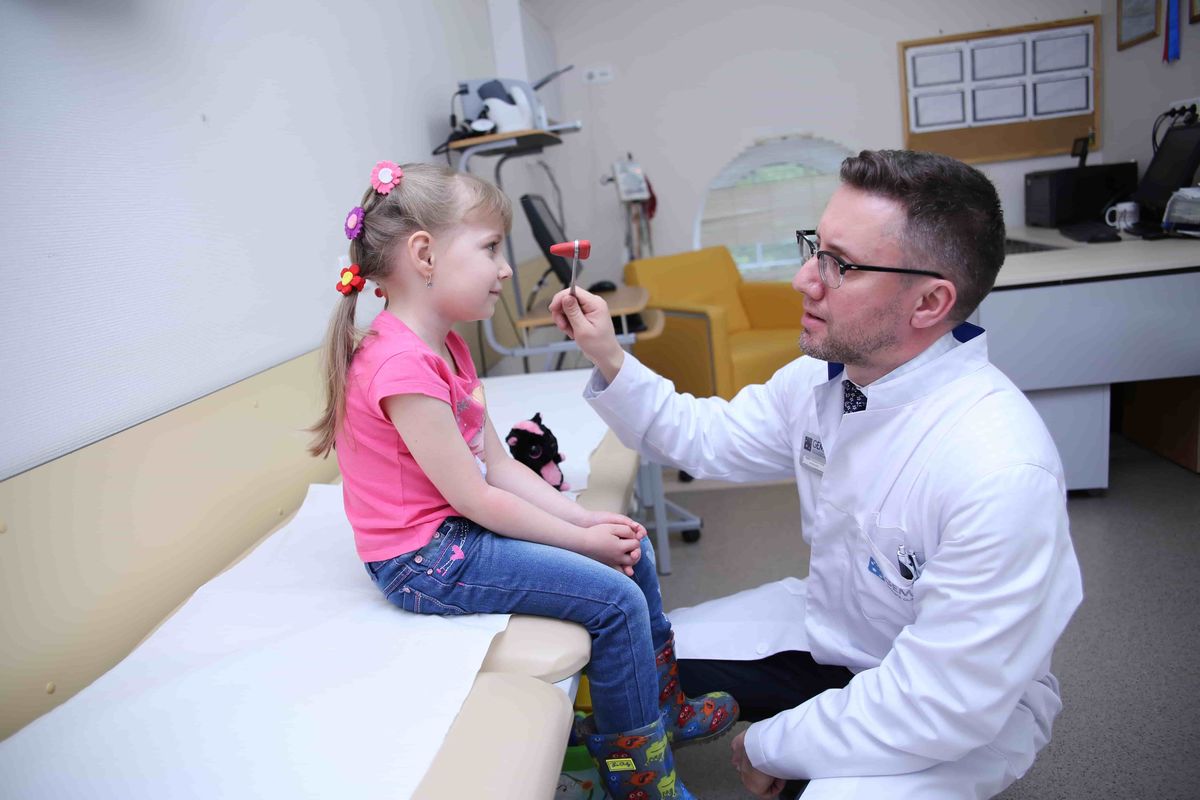 Slightly less often, the cause of systemic vertigo in children is vestibular neuritis (viral lesion of the vestibular part VIII of the cranial nerve), accompanied by prolonged severe dizziness with nausea and vomiting.
Slightly less often, the cause of systemic vertigo in children is vestibular neuritis (viral lesion of the vestibular part VIII of the cranial nerve), accompanied by prolonged severe dizziness with nausea and vomiting.
Dizziness can also be a side effect of certain medications (for example, aminoglycoside antibiotics, loop diuretics, cytostatics, and others). Adolescents sometimes experience psychogenic vertigo associated with anxiety or depressive disorder.
Very rare but dangerous conditions that can cause dizziness: infections of the central nervous system (meningitis, encephalitis, brain abscess), brain tumors, stroke (rare, but can also occur in children), poisoning with certain substances (ethanol, ketamine, barbiturates).
The most common causes of non-systemic vertigo in children:
Anemia is a decrease in the number of red blood cells (erythrocytes) in the blood or a decrease in the concentration of hemoglobin (a protein that transports oxygen to organs and tissues). Other common symptoms of anemia include pallor of the skin, tachycardia, fatigue, drowsiness, and many others.
Infectious diseases accompanied by fever and intoxication.
Anxiety or depression. In addition to dizziness, mood disorders will be noted here: depression, apathy or, conversely, anxiety, increased excitability. Sometimes dizziness is one of the manifestations of a panic attack, for which the other most characteristic symptoms are palpitations, a feeling of lack of air, severe anxiety or fear.
Orthostatic hypotension is a temporary decrease in blood pressure by more than 20 mmHg, with a sudden rise from a lying or sitting position. In this case, short-term (several seconds) dizziness occurs, there may be weakness in the legs, darkening of the eyes, tinnitus. Occasionally, this condition can lead to loss of consciousness.
The last two points are more typical for adolescence.
Infrequent but dangerous causes of non-systemic dizziness include arrhythmias and other heart diseases, hypoglycemia (low blood sugar), heat stroke or poisoning (overdose of antidepressants, anticonvulsants, etc.)
When to see a doctor if a child is dizzy
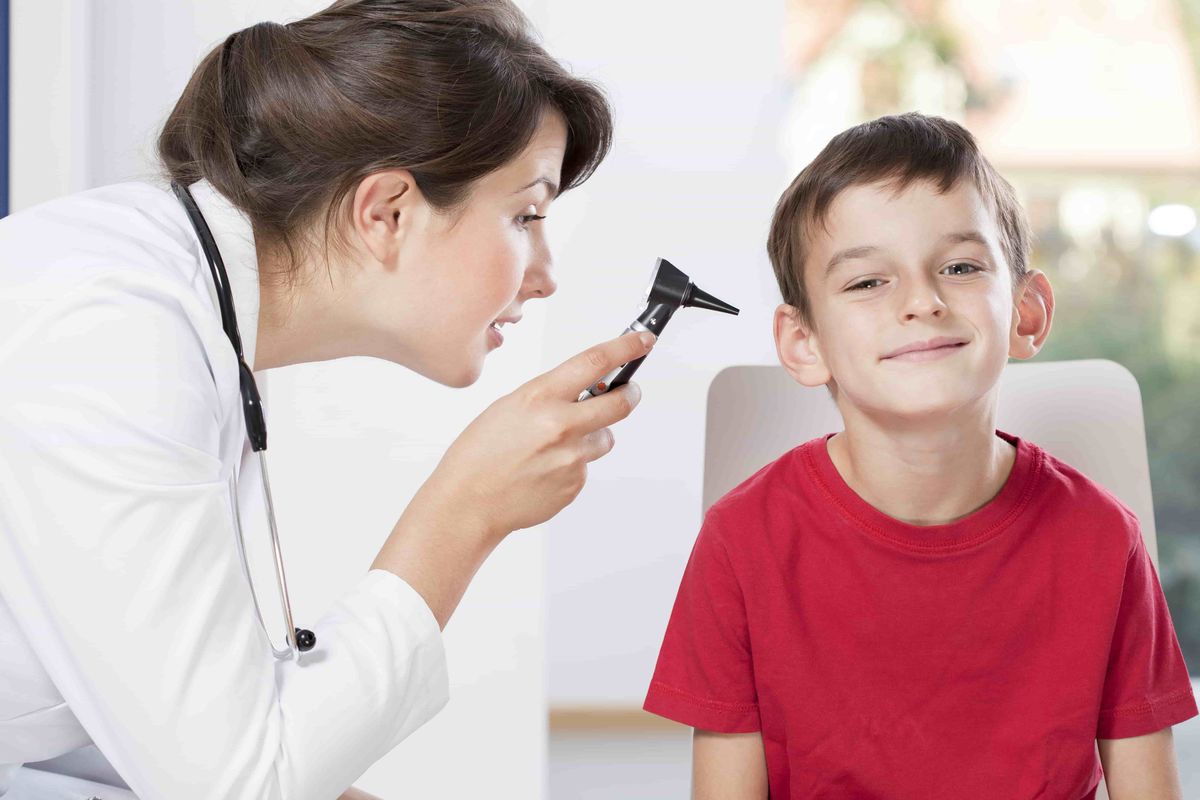 If a child complains that he feels dizzy, or you notice an imbalance or unsteadiness when walking, be sure to consult a specialist. It is very important to eliminate dangerous, life-threatening conditions as soon as possible. After they are eliminated, you can begin to identify the cause of dizziness.
If a child complains that he feels dizzy, or you notice an imbalance or unsteadiness when walking, be sure to consult a specialist. It is very important to eliminate dangerous, life-threatening conditions as soon as possible. After they are eliminated, you can begin to identify the cause of dizziness.
First, it is necessary to determine whether dizziness is associated with damage to the vestibular system. A vestibulologist (an ENT doctor specializing in vertigo) will help with this. If such a lesion is detected, the next step is to establish the level of damage: if pathology of the inner ear or vestibulocochlear nerve is suspected, you should contact an otorhinolaryngologist, if signs of damage to the structures of the central nervous system are detected, it is better to consult a neurologist.
In the absence of problems with the vestibular system, the cause of dizziness should be sought among cardiovascular and endocrine pathologies. Sometimes the cause may be a psychogenic disorder or anemia. Usually, all these pathologies are manifested not only by dizziness, but also by some other symptoms.
Each disease has its own manifestations, so a detailed conversation with the child and his parents plays an important role. Based on the complaints, the child's life history and illness, as well as the study of vestibular function, an individual action plan is drawn up.: additional studies, analyses, and expert consultations.
Behavior of young children with dizziness
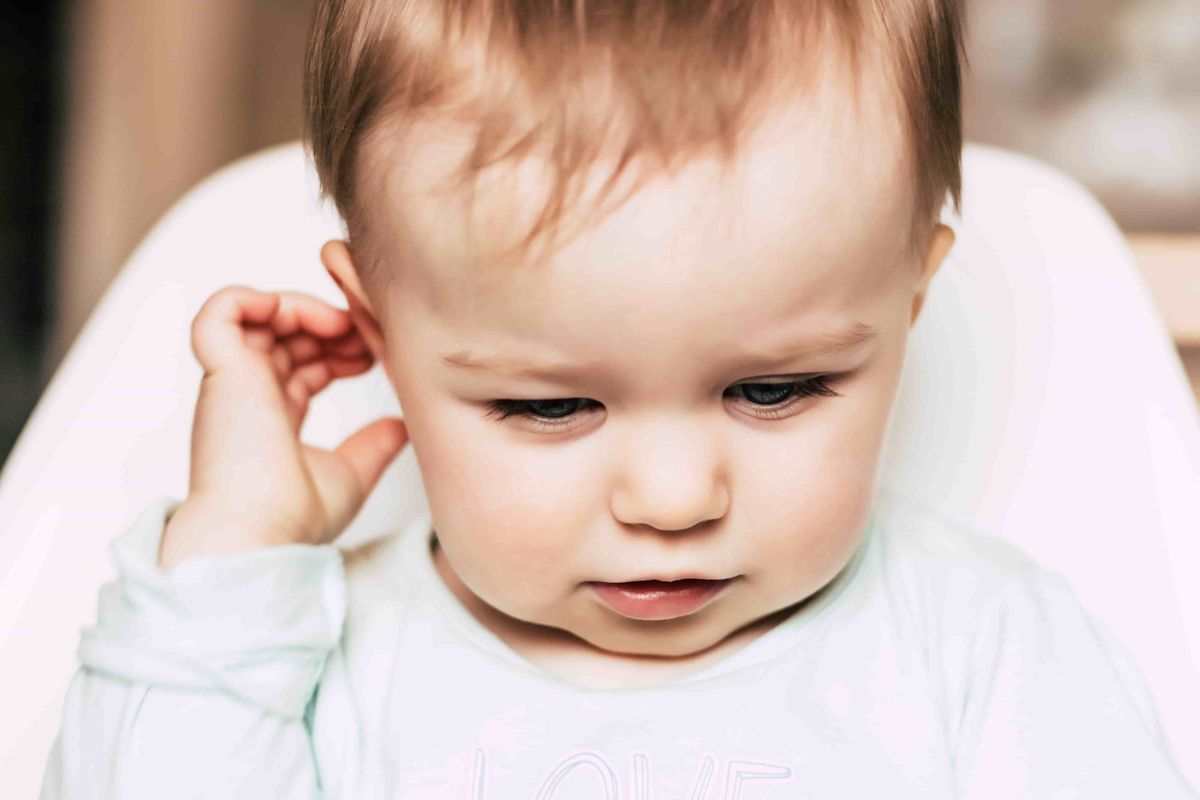 It is more difficult to identify the cause of dizziness in a young child, as it is still difficult for him to describe his feelings, and most tests involve the patient's attention and cooperation. Nevertheless, this is a very important and feasible task.
It is more difficult to identify the cause of dizziness in a young child, as it is still difficult for him to describe his feelings, and most tests involve the patient's attention and cooperation. Nevertheless, this is a very important and feasible task.
What to do if the child is dizzy
If the child is dizzy, provide him with peace and comfortable conditions to minimize the risk of falling. And consult a doctor as soon as possible.
How to avoid complications with dizziness in a child
Dizziness itself is not dangerous, as it is just a symptom, but it can be a manifestation of one of the potentially dangerous conditions listed above. That is why vertigo itself has no complications other than falling due to impaired balance function. But the complications of the disease, which led to the appearance of dizziness, can be avoided by timely identifying it and starting treatment.
Author: Ekaterina Dovlatova, otorhinolaryngologist, otoneurologist-vestibulologist, PhD
Why the EMC
The first and only clinic in Russia, created in the image of the world's leading clinics
EMC is a multidisciplinary center offering patients a high level of medical services and a personalized approach
Worldwide recognition and awards
 Learn more
Learn more
Worldwide recognition and awards
 Certificates and licenses
Certificates and licenses
Make an appointment for a consultation
Specify your contacts and we will contact you to clarify the details
Reviews
and new products of the EMC

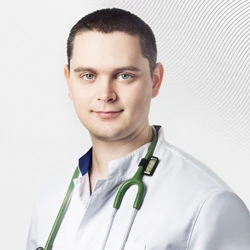
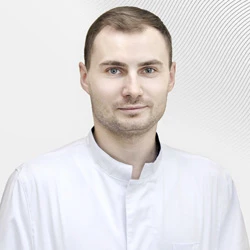
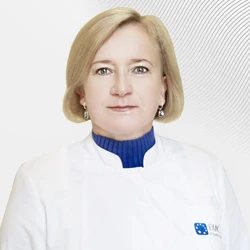
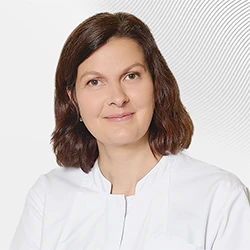


.webp)
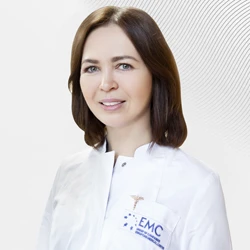



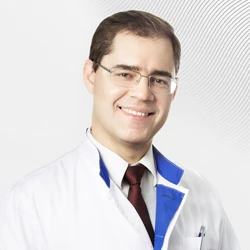
.webp)
